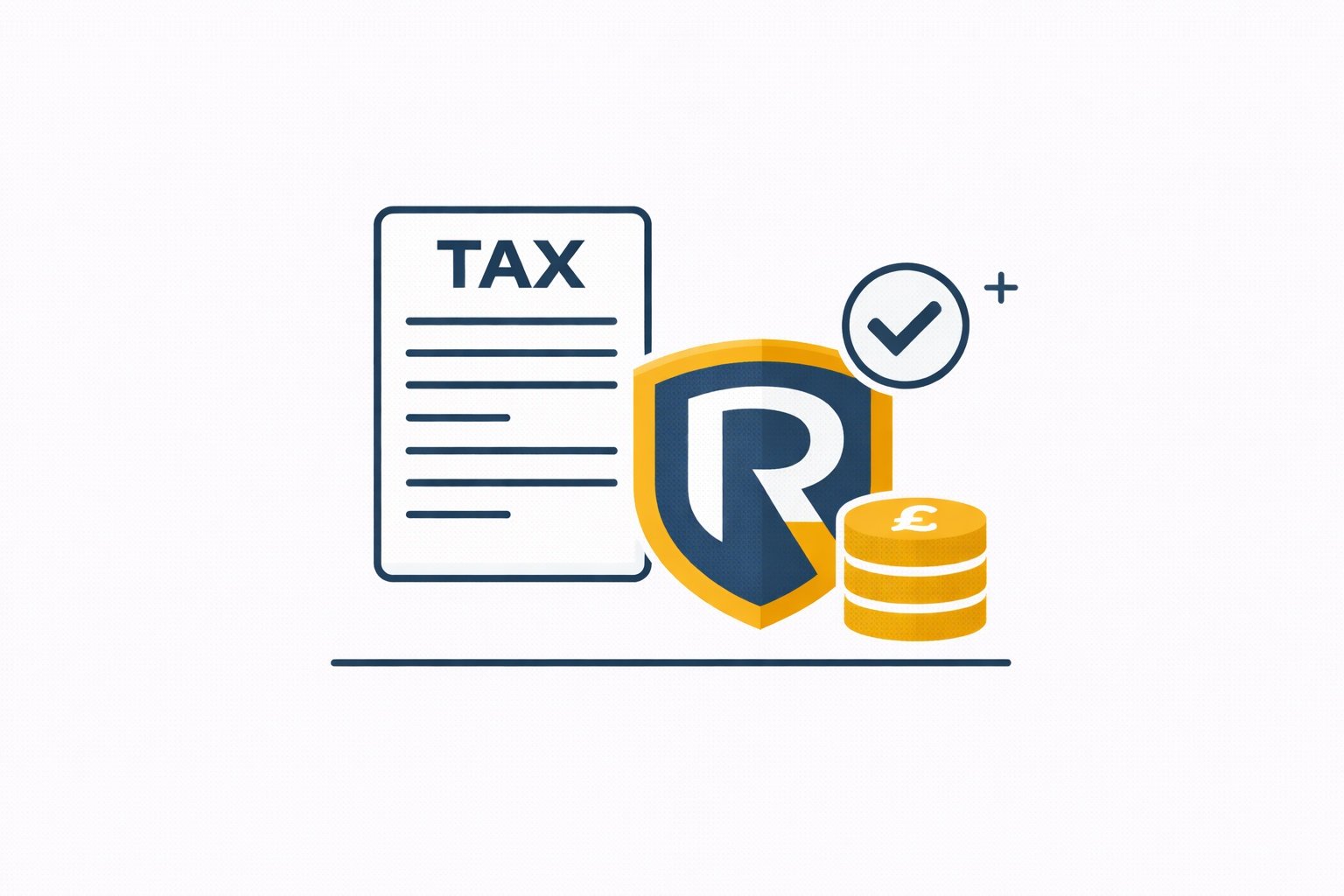Tax benefits of relevant life insurance
When the policy is set up correctly, the company pays the premiums, may receive corporation tax relief, and any eventual payout is passed to the employee’s chosen beneficiaries free from income and inheritance tax.
HMRC recognises relevant life policies as a legitimate form of employee benefit, provided they meet certain qualifying conditions.
The policy must be taken out by the company, cover an employee or director, and be written into a discretionary trust. These rules are explained in HMRC’s Business Income Manual (BIM45525).
Corporation tax relief
Premiums for a qualifying policy are normally deductible against Corporation Tax, provided they are incurred “wholly and exclusively for the purposes of the trade.”
In practice, this means the policy must be taken out to provide employee benefits, not as a personal perk for a shareholder or participator.
The company pays the premiums from its business account and records them as an allowable expense. Your accountant should confirm that the policy meets the test for your specific company structure and ownership pattern.
No benefit-in-kind charge
A correctly structured relevant life policy is not usually treated as a taxable benefit for the insured individual.
The company pays the premiums, but the director or employee does not pay additional Income Tax or National Insurance on the value of the cover.
The premiums are not reported on a P11D form, and no employer NIC is due.
This is one of the main advantages over taking out a personal life policy, which would have to be paid from post-tax income and could not be offset against company profits.
Outside your pension allowances
Relevant life premiums do not count towards your annual pension allowance or lifetime allowance (which was abolished from April 2024).
This separation from pension contributions makes the policy particularly attractive for higher earners and directors who already maximise their pension savings each year.
The benefit also means there’s no need to set up a group life scheme or complicate existing pension arrangements — relevant life policies sit entirely outside workplace pension frameworks while delivering similar protection for dependants.
Tax-free payout through a trust
When the insured person dies during the policy term, the insurer pays the benefit to the trustees of the discretionary trust.
The trustees then distribute the money to the nominated beneficiaries. Because the payout passes via the trust, it is normally free from both Inheritance Tax and Income Tax.
For families, this structure allows the funds to be accessed quickly without the delays and costs of probate. The trust also provides flexibility if family circumstances or beneficiaries change during the policy’s lifetime.
When relief may not apply
Corporation tax relief may be denied if HMRC considers that the policy was set up mainly for the personal benefit of a business owner, or if the insured person is not genuinely an employee or director.
In these cases, the premiums could be treated as distributions rather than deductible expenses. It’s important to seek professional advice before claiming relief.
Our partner Broadbench specialises in arranging compliant relevant life policies for limited company directors and can ensure the documentation, trust wording and declarations all meet HMRC standards.
Learn more about what a relevant life policy is, how trusts work, and whether premiums qualify as a business expense.

